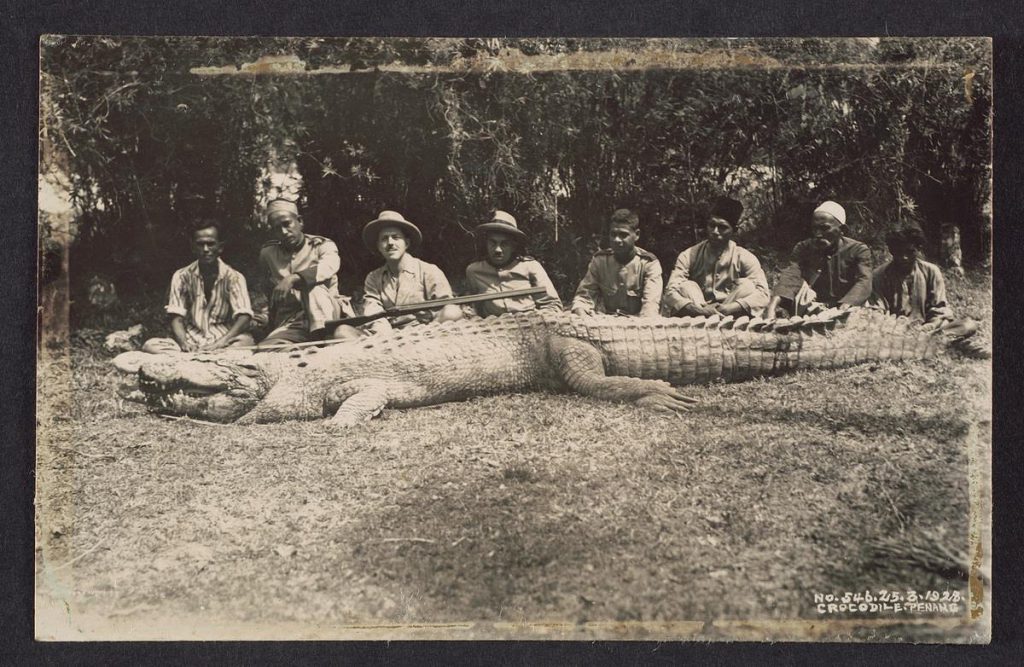How the British Empire Changed Our Natural Landscape
January 17, 2020

Before British imperialism, Singapore had a fascinating relationship with wildlife. This Rice Media article by Pan Jie, ‘Mad Dogs and Englishmen: How the British Empire Changed Our Natural Landscape’, describes the close relationship between human and animals that existed in imperial Singapore as examined by A/P Timothy P. Barnard’s (NUS Department of History) latest book, Imperial Creatures: Human and Other Animals in Colonial Singapore 1819 – 1942 (NUS Press, 2019).
The article highlights how the book’s detailing of human-animal relationships illuminates much about colonial rule in Singapore. The book details a rabies outbreak that the British handled under the assumption that the disease originated as a result of “Asiatic filth”, and responded by culling stray dogs. Yet, as Pan Jie notes, the source had instead come from the Oxfordshire, a British ship that had sold ‘fancy’ dogs to Tanglin residents but which failed to disclose suspicious deaths on board. Pan Jie thus underscores the common theme of violence that runs throughout the book, used as a colonial tool to both separate civilisation from nature – and perhaps even the governors from the governed. The article also details several fun facts about animals in Singapore that the book provides, like how Amoy Food Centre used to be an unregulated pig farm.
Crucially, the book explains how Singapore used to be a popular destination for exotic wildlife, full of private zoos and menageries. However, much land and biodiversity had to be cleared in order to make way for Singapore’s rapid development. The article ends by acknowledging the way Imperial Creatures stands as a reminder to how Singapore’s once flourishing natural heritage disappeared both in history and in our collective memories as a result of British rule.
To find out more about Imperial Creatures, you can attend the book launch on the 12th of February by registering here.
Read the article here.
